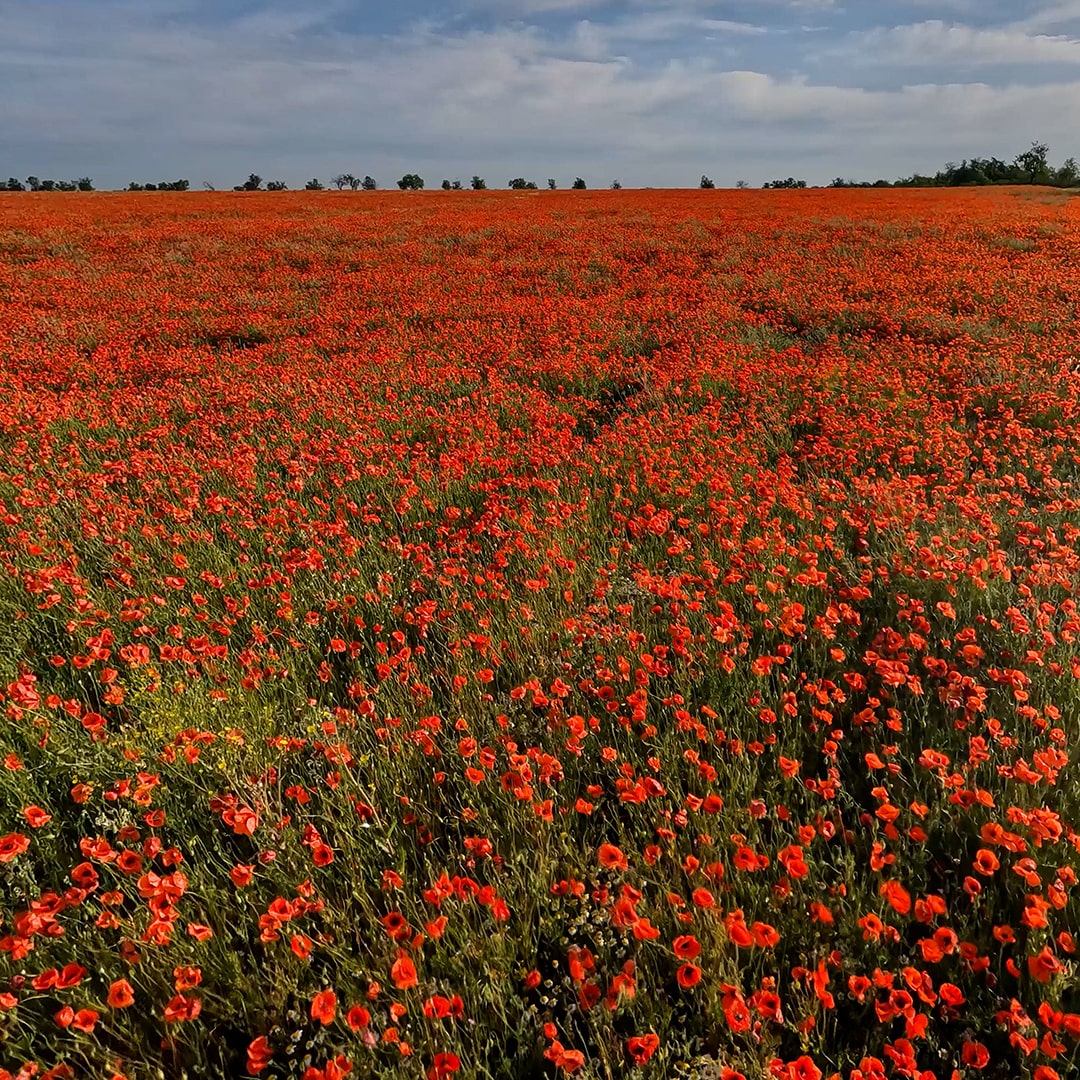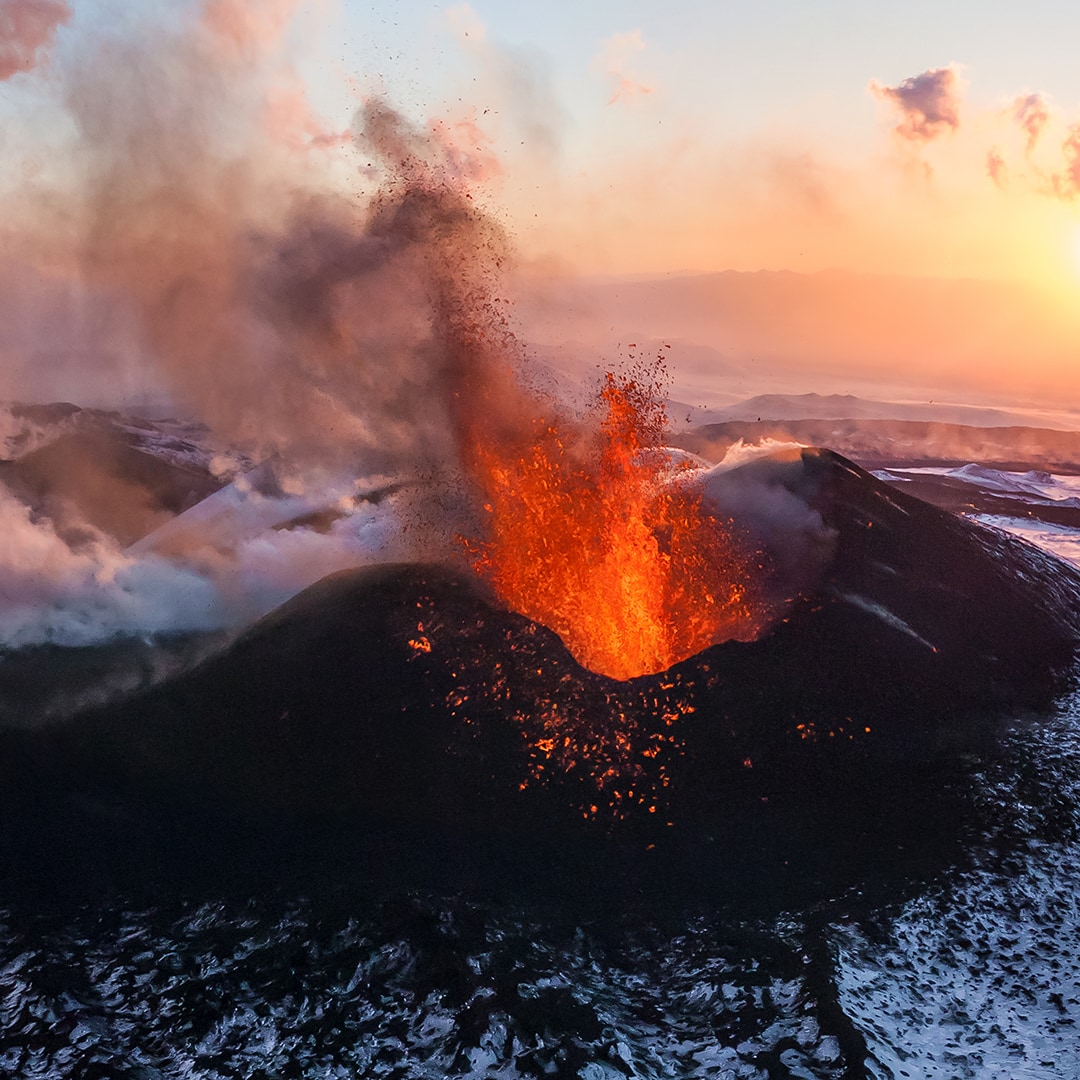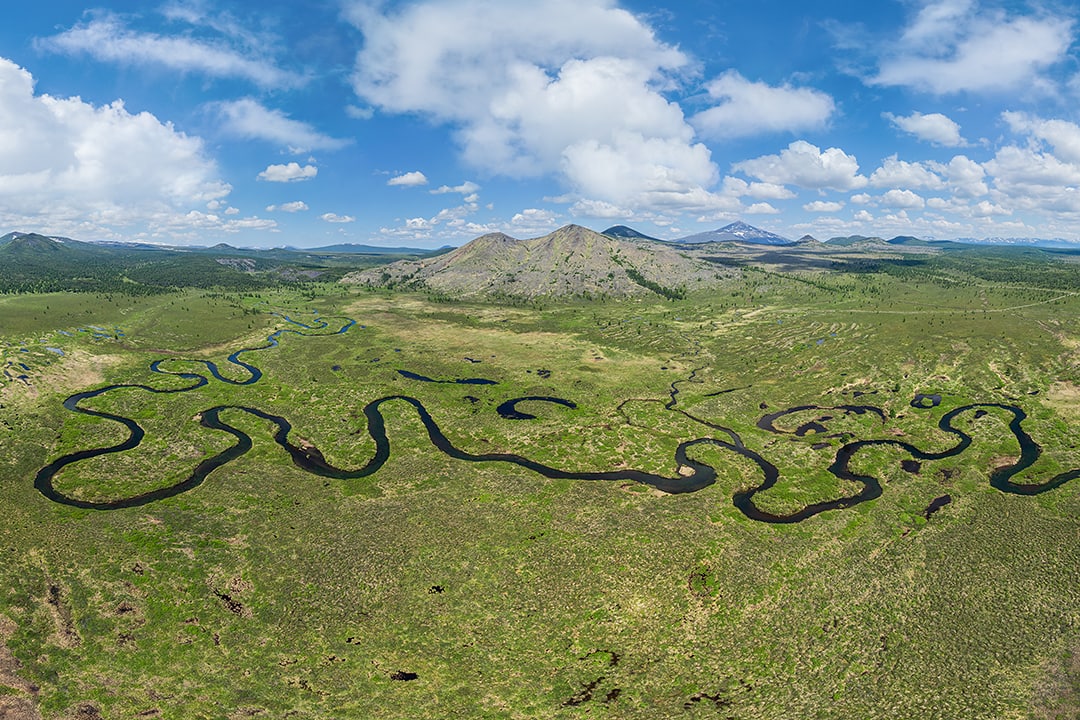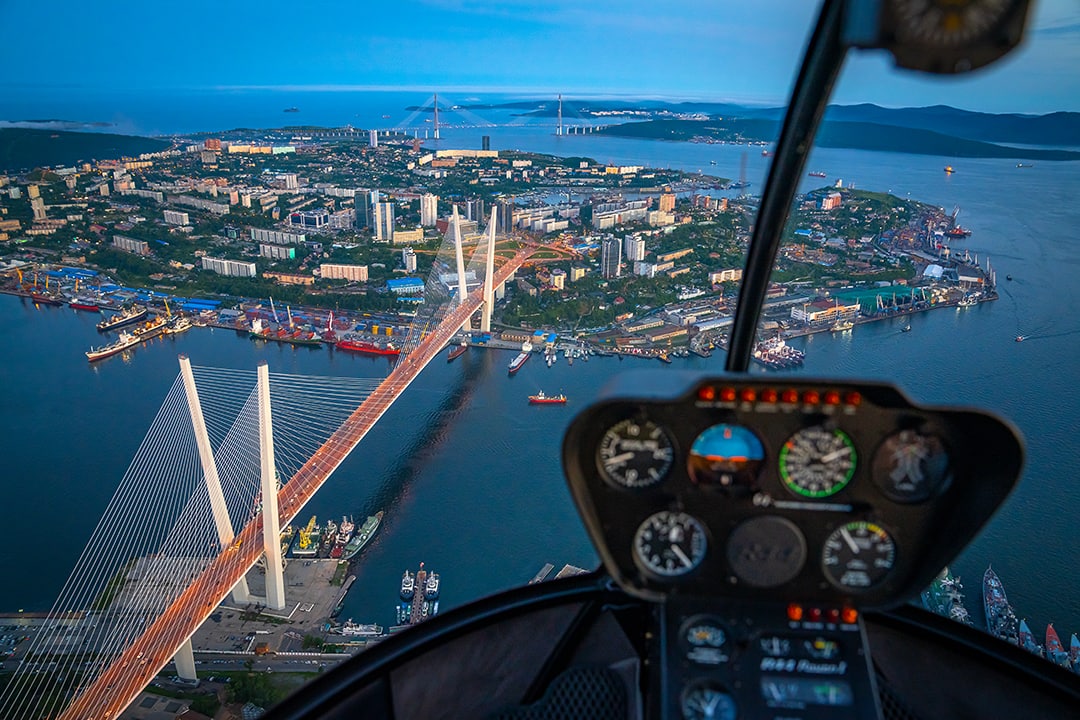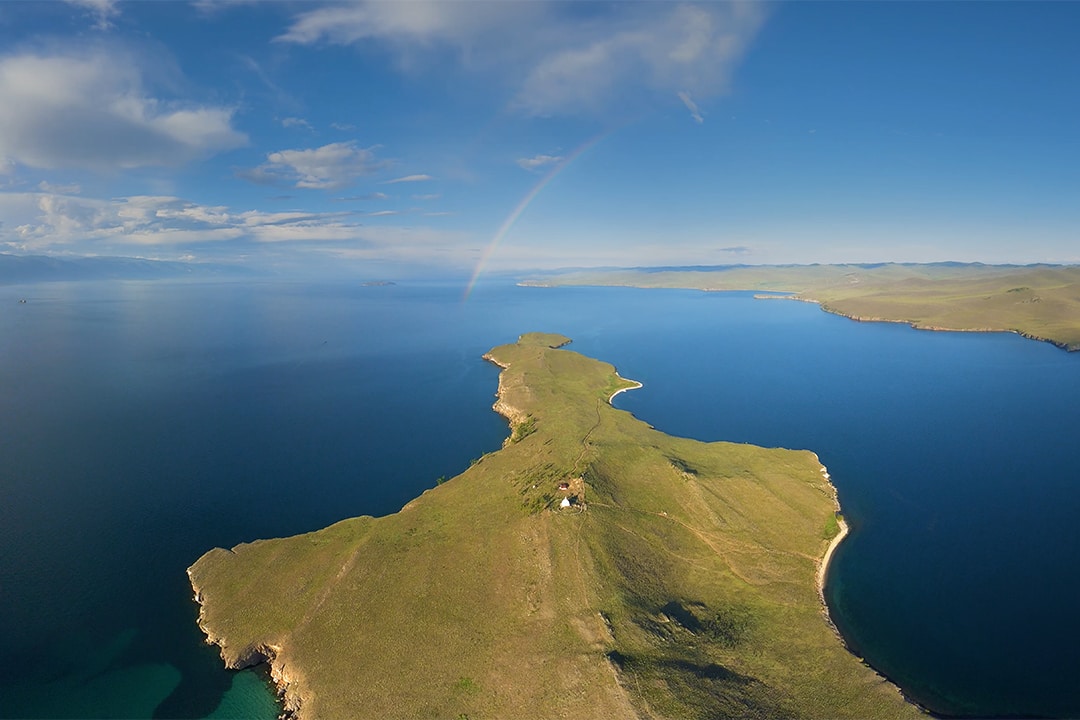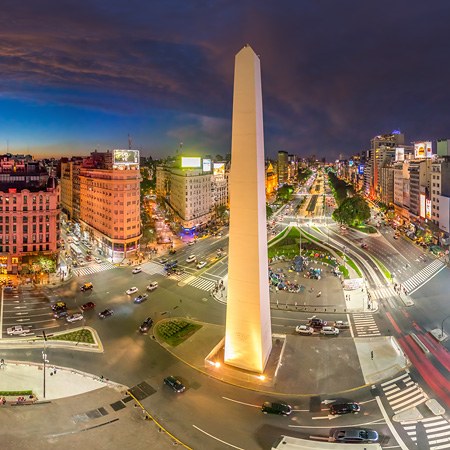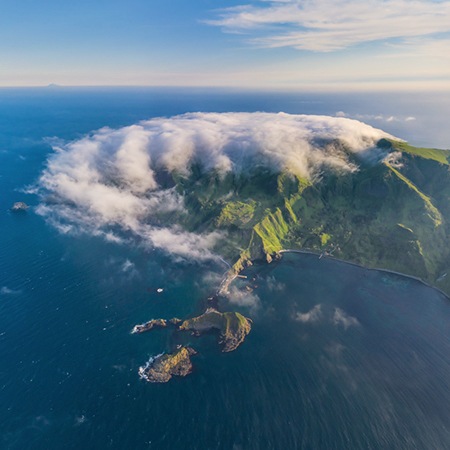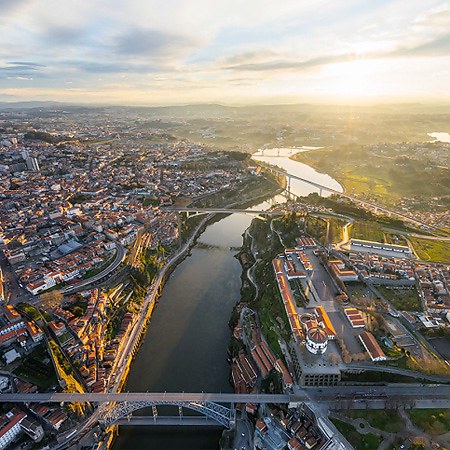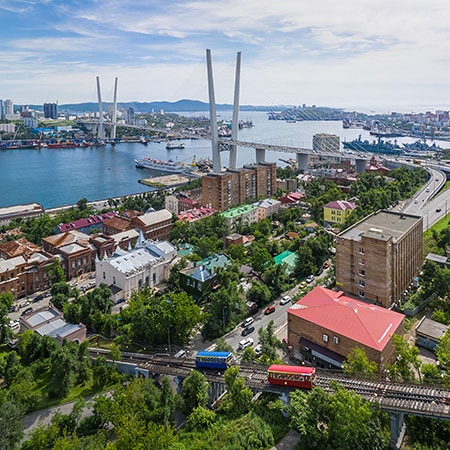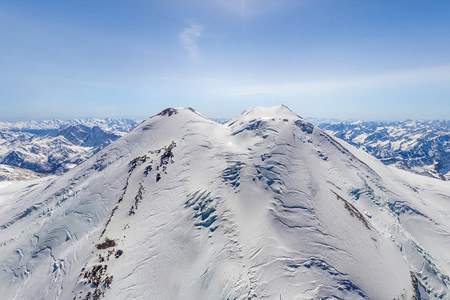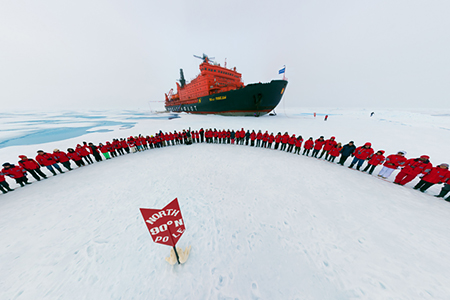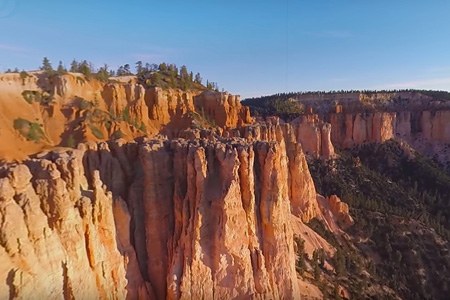Aniva Lighthouse. Sakhalin Island, Russia
Sakhalin is the largest island of the Russian Federation being 948 km long and 26 to 160 km wide. It lies at the easternmost borders of the country: La Pérouse Strait separates this land from the Japanese island of Hokkaido. At the southern edge of Sakhalin, there is an outstanding monument: the Aniva lighthouse. This navigational structure was built in 1939 on a small rock called Sivuchya near the hardly accessible Cape Aniva.

The southern part of Sakhalin was under the reign of Japan back then. Fierce currents, frequent fogs and sunken rocks make this area very challenging for navigating. There were many shipwrecks in these waters before the Karafuto Prefecture authorities decided to build a lighthouse here.

The project was designed by an engineer Miura Shinobu. The Aniva lighthouse became Sakhalin's most complex technical construction and one of the most fascinating lighthouses of that time. All the construction materials had to be delivered by water, often turbulent. There were no docks, warehouses or accommodating facilities for the workers, so all the coming materials were immediately used for the construction of the lighthouse. When the works were over, a small copy of this lighthouse was presented to the Japanese Emperor symbolizing the victory over the natural forces.

Round in shape, this tower is equipped with a small offset wing. This lighthouse was attributed to the third order according to the basic lens sizes: its lens had a focal length of 500 mm with a diameter of 1,000 mm, range coverage - 28.16 km.

The basement of the lighthouse was equipped with diesel engines and batteries. Above them were the kitchen, food storage, radio room, equipment room and watch room. The living quarters, which could accommodate up to 12 people, were located on the third, fourth and fifth floors. The sixth floor is where the storeroom used to be; the mechanisms of a pneumatic siren and fuel storage were housed one floor above. At last, the top ninth floor housed the lens rotation mechanism of the lighthouse.

The light of Aniva rose at 40 meters above sea level. The lantern rotated inside a bowl with 300 kg of mercury that functioned as a bearing. The rotation was driven by a suspended weight of 270 kg! The lighthouse keeper had to rewind this system every three hours.

In the 1990s, it was decided to make the Aniva Lighthouse autonomous, functioning with no human assistance, by re-equipping it to work from a nuclear power source. That's how this facility had been working until 2006.

By this time, the nuclear system had exhausted its resources and afterwards, it was not renewed. All valuable equipment was evacuated, the lighthouse has been abandoned ever since. Winds, waters and vandals are slowly destroying this construction.

In 2015, the Russian Geographical Society planned to launch the restoration of this monument, but somehow it did not happen. Still, the lighthouse has been given a new lease on life, and now it is a popular tourist destination.

People are not threatened by the fact that it is one of the most hardly accessible lighthouses in the world. First, you leave Yuzhno-Sakhalinsk to the village of Novikovo and then you have to take a motorboat to the lighthouse through the turbulent sea waters.

Fortunately, panoramas created by AirPano make this journey easier for you! And because the lighthouse is dilapidating year by year, you should not miss the opportunity to get acquainted with this outstanding technical and historical monument.

AirPano team would like to express our gratitude to Romanov Oleg Gennadevich, director of the Tourist Information Centre GoSakhalin, and the staff of Aniva Tour and Adrenalin Tour companies for assistance in the shooting process.
Read more
Photogallery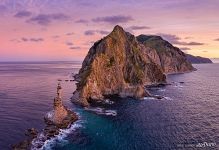 Aniva Lighthouse
Aniva Lighthouse
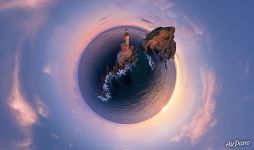 Early morning at the lighthouse. Planet
Early morning at the lighthouse. Planet
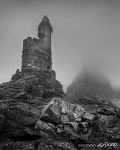 Lighthouse in the fog
Lighthouse in the fog
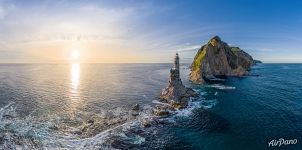 The Aniva Lighthouse Panorama
The Aniva Lighthouse Panorama
 Cape Aniva, Sakhalin Island
Cape Aniva, Sakhalin Island
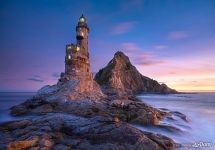 Aniva Lighthouse
Aniva Lighthouse
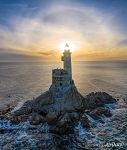 Halo around the Aniva lighthouse
Halo around the Aniva lighthouse
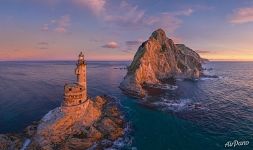 Lighthouse and Cape Aniva at sunrise
Lighthouse and Cape Aniva at sunrise
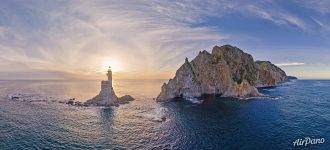 Halo around the Aniva lighthouse
Halo around the Aniva lighthouse
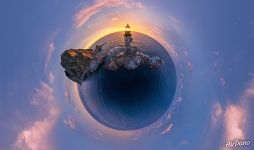 Aniva lighthouse at sunrise
Aniva lighthouse at sunrise
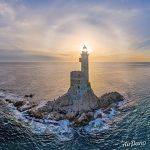 Halo around the Aniva lighthouse
Halo around the Aniva lighthouse
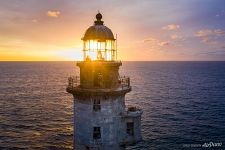 Rising sun rays through the lighthouse
Rising sun rays through the lighthouse

